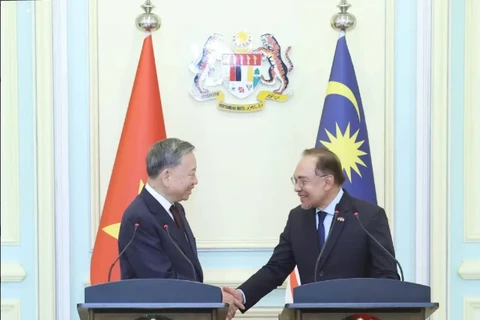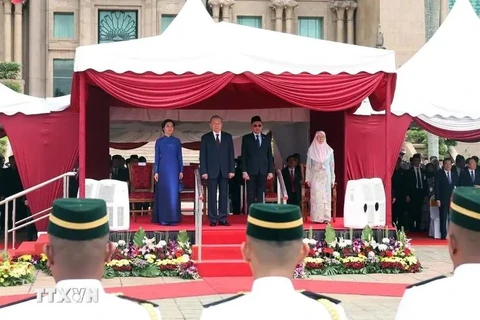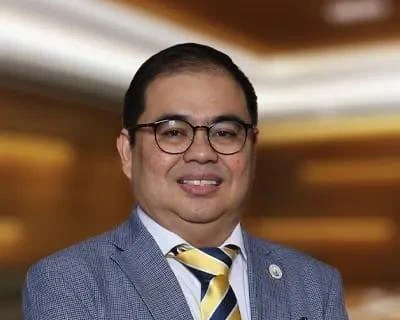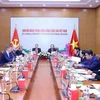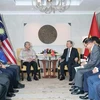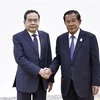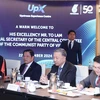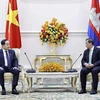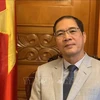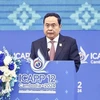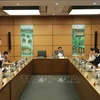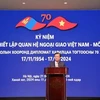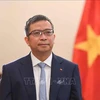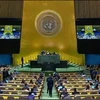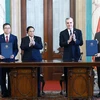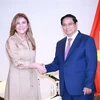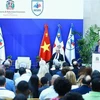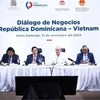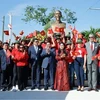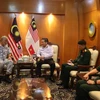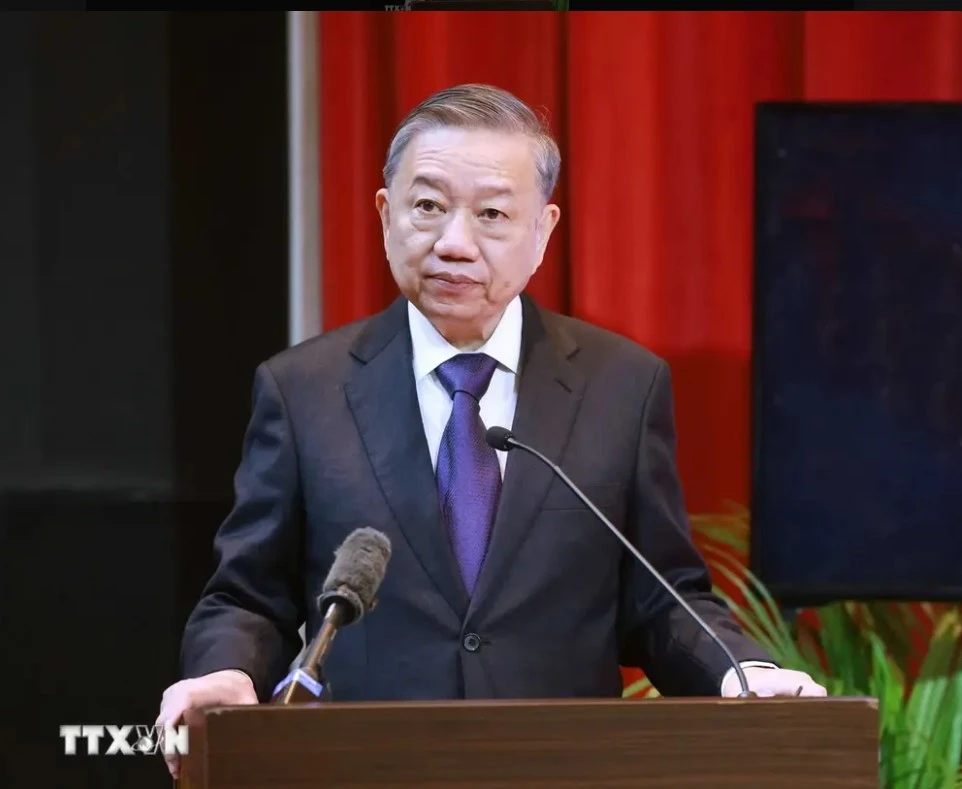
Kuala Lumpur (VNA) – General Secretary of the Communist Party of Vietnam Central Committee To Lam delivered a policy speech at the University of Malaya, the oldest and most prestigious university of Malaysia, in Kuala Lumpur on November 22 as part of his ongoing official visit to the Southeast Asian country.
Lam praised the university as a symbol of Malaysia's educational system but also as one of the leading centres of knowledge in the ASEAN region. With a history of over 100 years, the University of Malaya has nurtured many generations of talented individuals, including Malaysian Prime Minister Anwar Ibrahim and four other former Prime Ministers.
The university's pioneering achievements in education and research have contributed not only to the sustainable development of Malaysia but also to the region, particularly in the fields of technology, medicine, environmental studies, and international research, he said.
Lam expressed his admiration not only for the achievements Malaysia has made but also for the ambitious plans laid out by the Malaysian Government. He highlighted Malaysia's long-term development strategies, aimed at positioning the country among the top 30 global economies within the next decade and becoming a regional leader in innovation, high-tech products, and green development.
The Party leader highlighted Vietnam’s significant achievements under the leadership of the Communist Party of Vietnam, which have enabled the country to overcome many challenges and rebuild itself following years of war. Today, Vietnam stands as a developing nation with a middle-income status, deeply integrated into the global economy and contributing actively to international organisations. He noted that Vietnam’s progress has placed it on the threshold of a new historical era, with strategic goals aimed at marking the centenary of the Party's leadership in 2030 and the centenary of the founding of the nation in 2045.
He affirmed that Vietnam’s development cannot be separated from the world and region, emphasising that significance of international solidarity and effective cooperation, especially from ASEAN partners such as Malaysia.
Lam reviewed the history of connections, strong bonds and mutual support for each other’s development over the years, noting that the relationship between Vietnam and Malaysia remains a key aspect of Vietnam’s foreign policy. Both countries share a profound understanding of the value of independence, freedom, sovereignty, and territorial integrity, as they have both endured the consequences of colonialism. Their diverse cultures, rich in heritage, place great emphasis on unity in diversity, and both nations are committed to international cooperation, respecting each other’s sovereignty while fostering trade, investment, and technology exchanges, he said.
Along with sharing common interests, Vietnam and Malaysia, which are both members of ASEAN and the Non-Aligned Movement, have the same approach to a balanced and harmonised foreign policy, choosing not to align with any side but instead opting for what is best for peace, security, and development of each country and the region, based on international law.
Lam expressed his confidence that the recently established Comprehensive Strategic Partnership between Vietnam and Malaysia will open a new chapter of development in the bilateral relations, contributing to peace, stability, and prosperity in the region.

Stressing the crucial role ASEAN plays in the next paths of the two countries and the bilateral ties as well as in ensuring a fair and open international system based on the rule of law, the Vietnamese leader underlined that the future of ASEAN depends on the determination of its members, including Malaysia and Vietnam. Since its establishment in 1967, ASEAN has made significant strides, overcoming divisions in the region to become a sustainable, united community that faces challenges with maturity and resilience.
He affirmed Vietnam’s strong optimism for the future of ASEAN, noting that Vietnam has been an active and contributing member of ASEAN since its accession in 1995. He reiterated Vietnam’s ongoing commitment to the association, contributing to reinforcing the solidarity and unity of the bloc.
The leader underscored Vietnam’s plans to increase contributions and responsibility to the world politics, global economy and human civilisation in line with the ASEAN Community Vision for 2045, stressing that Vietnam fully understands its responsibility to participate proactively and contribute more to the common cause with a spirit of creative thinking, innovative approaches, flexibility in implementation, efficiency in ways of doing, and determination in action. Vietnam looks forward to further progress within the ASEAN Community and the advancement of each member country in this new era, aiming for the development of each nation, peace, stability, and prosperity in the region and the world, he stated.
In 2025, with Malaysia assuming the role of ASEAN Chair, Vietnam believes the bloc will make significant strides towards becoming a prosperous, united, and developed community, he said, underlining that Vietnam is strongly committed to accompanying Malaysia and ASEAN on this journey.
Lam called for the active involvement of young intellectuals, researchers, and students in shaping the future of ASEAN. Both Vietnam and Malaysia share the belief that people-centred development is key, with education, research, and technological innovation being fundamental to progress. The University of Malaya, as a symbol of Malaysia's educational efforts, aligns closely with Vietnam’s priorities in education and human resources development, he said.
In Vietnam, education and training are considered national priorities, with investment being made to advance this sector ahead of others, and the development of human resources is seen as one of the three strategic breakthroughs. Looking at the broader regional context, education and training serve as the driving force and foundation for ASEAN and its member countries to thrive in a rapidly changing world. Regional training and research centres, including the University of Malaya, will play a key role in shaping the future of the region, making significant contributions to peace, stability, prosperity, and development, not just in Southeast Asia, but in the globe.
On this occasion, the Vietnamese leader answered questions raised by lecturers and students of the university regarding Vietnam’s external policy.
Also on November 22 morning, Lam and the Vietnamese delegation visited Malaysia’s National Data Centre. The centre, established in 2019, provides business solutions for both the private and public sectors and serves as a green, independent data hub for the region, offering services such as cloud computing, virtualisation, and high-speed broadband connections./.
